Disruptive DevSecOps
Agencies are continuously updating their software development lifecycles and IT operations. More than ever, it’s critical for them to maintain a short timeframe during this process to improve workflows for optimized systems security and operational efficiencies. This includes updating legacy systems through collaborative teaming, and quickly modernizing and enhancing product-delivery capabilities using automation. Hear from agency leaders from the United States Air Force, the Department of Homeland Security, NASA and more about their mission-driven efforts to advance federal DevSecOps efforts.

Speakers / Panelists
-
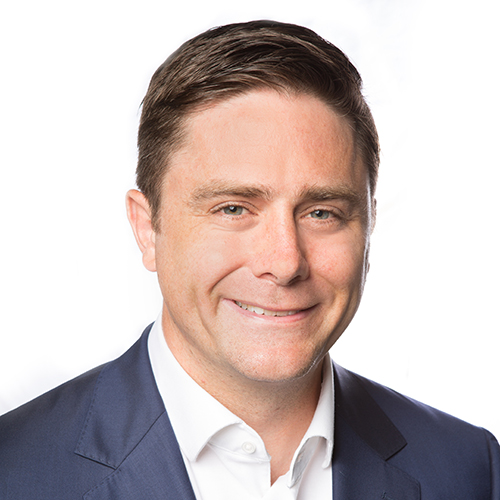 Michael Hoffman President GovCIO
Michael Hoffman President GovCIO
Speakers / Panelists
-
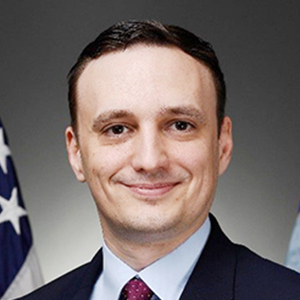 Nicolas Chaillan Chief Software Officer U.S. Air Force
Nicolas Chaillan Chief Software Officer U.S. Air Force -
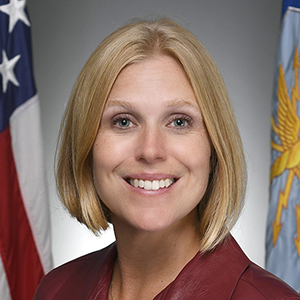 Lauren Knausenberger Deputy CIO U.S. Air Force
Lauren Knausenberger Deputy CIO U.S. Air Force -
 Moderator Amy Kluber Managing Editor GovCIO Media & Research
Moderator Amy Kluber Managing Editor GovCIO Media & Research
Infrastructure as code (IaC) provides the same repeatable, predictable processes used to build hardware that’s used to build software systems. Hear from agency officials on their perspectives on IaC, its impact on software development and delivery, and where it falls on their technology roadmaps.
Speakers / Panelists
-
 Rob Brown CTO USCIS
Rob Brown CTO USCIS -
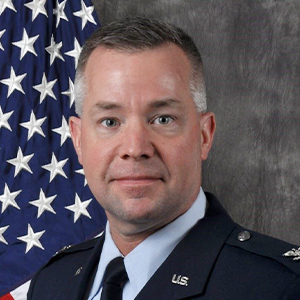 Col. Charles Destefani Deputy CDO U.S. Air Force
Col. Charles Destefani Deputy CDO U.S. Air Force -
 Ty Schneider Systems Engineer VA
Ty Schneider Systems Engineer VA -
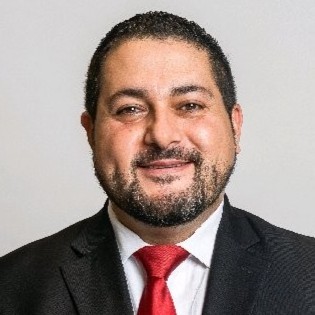 Moderator Mark Rahnama Vice President GovCIO
Moderator Mark Rahnama Vice President GovCIO
Leaders discuss how artificial intelligence for IT operations (AIOps) and advanced data analytics can make their agencies more proactive rather than reactive throughout the product life cycle. Technologies like robotic processing automation (RPA) and AI are also helping them shift manual processes within IT infrastructure environments.
Speakers / Panelists
-
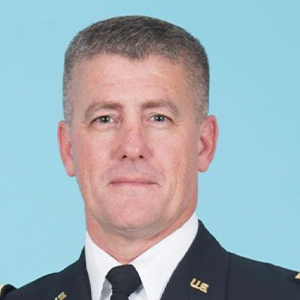 Col. David Bradshaw Deputy Director, AI Task Force Army Futures Command
Col. David Bradshaw Deputy Director, AI Task Force Army Futures Command -
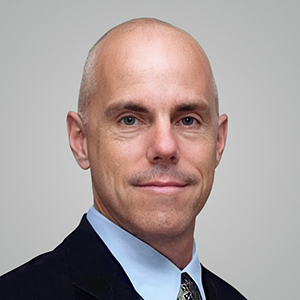 Dave Catanoso Director, Enterprise Cloud Solutions Office VA
Dave Catanoso Director, Enterprise Cloud Solutions Office VA -
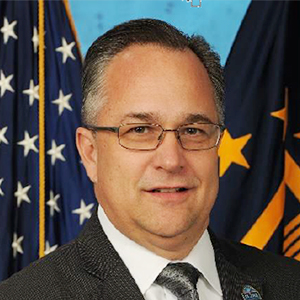 Ron Thompson Chief Data Officer and Deputy Director for Digital Transformation NASA
Ron Thompson Chief Data Officer and Deputy Director for Digital Transformation NASA -
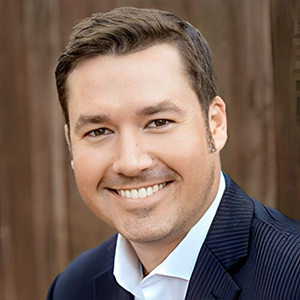 Matt Walker Regional Sales Director, Federal Dell Technologies
Matt Walker Regional Sales Director, Federal Dell Technologies -
 Moderator Andrew Underhill CTO GovCIO
Moderator Andrew Underhill CTO GovCIO
Speakers / Panelists
-
 Michael Hoffman President GovCIO Media & Research
Michael Hoffman President GovCIO Media & Research
-
 Nicolas Chaillan Chief Software Officer, U.S. Air Force
Nicolas Chaillan Chief Software Officer, U.S. Air Force -
 Col. David Bradshaw Deputy Director, AI Task Force, Army Futures Command
Col. David Bradshaw Deputy Director, AI Task Force, Army Futures Command -
 Rob Brown Chief Technology Officer, USCIS
Rob Brown Chief Technology Officer, USCIS -
 Dave Catanoso Director, Enterprise Cloud Solutions Office, VA
Dave Catanoso Director, Enterprise Cloud Solutions Office, VA -
 Col. Charles Destefani Deputy Chief Data Officer, U.S. Air Force
Col. Charles Destefani Deputy Chief Data Officer, U.S. Air Force -
 Amy Kluber Managing Editor, GovCIO Media & Research
Amy Kluber Managing Editor, GovCIO Media & Research -
 Lauren Knausenberger Deputy Chief Information Officer, U.S. Air Force
Lauren Knausenberger Deputy Chief Information Officer, U.S. Air Force -
 Mark Rahnama Vice President, GovCIO
Mark Rahnama Vice President, GovCIO -
 Ty Schneider System Engineer, Technology and Platform Systems Portfolio, VA
Ty Schneider System Engineer, Technology and Platform Systems Portfolio, VA -
 Ron Thompson Chief Data Officer and Deputy Director for Digital Transformation, NASA
Ron Thompson Chief Data Officer and Deputy Director for Digital Transformation, NASA -
 Andrew Underhill CTO, GovCIO
Andrew Underhill CTO, GovCIO -
 Matt Walker Regional Sales Director, Federal, Dell Technologies
Matt Walker Regional Sales Director, Federal, Dell Technologies


